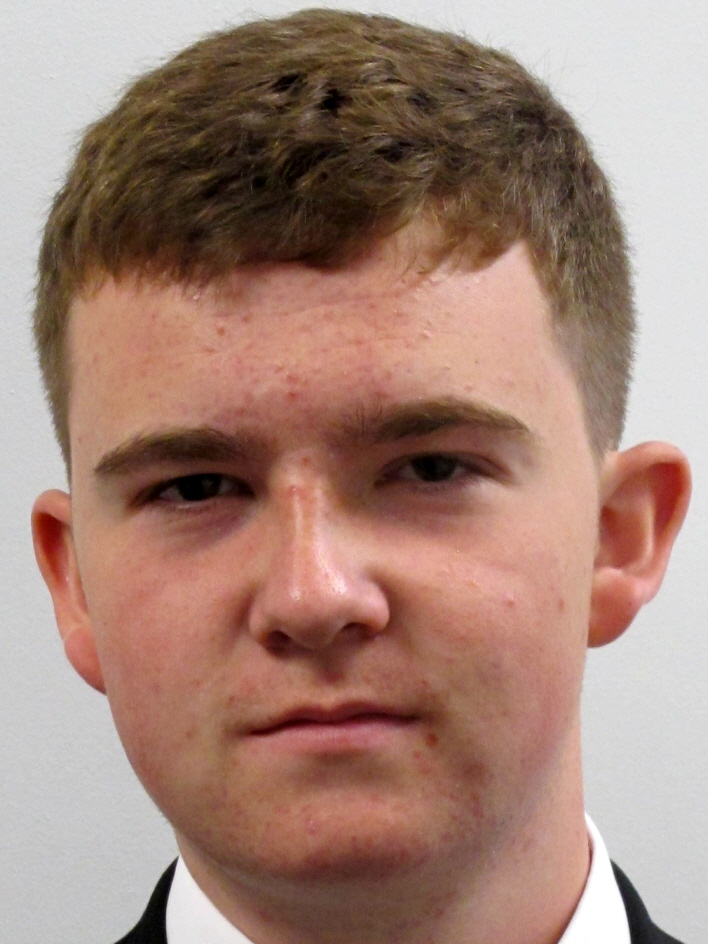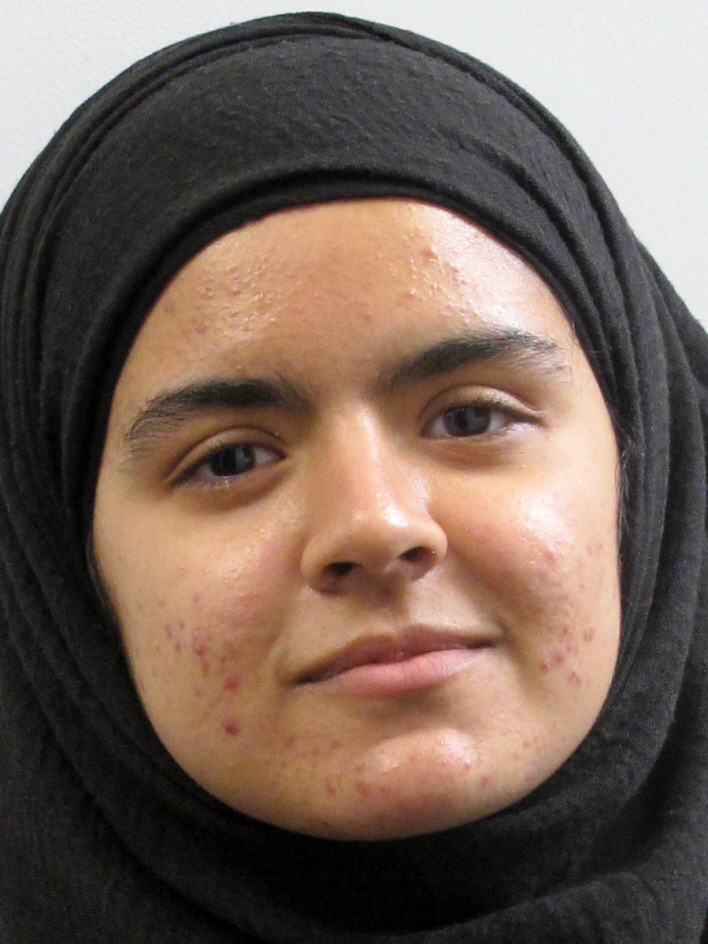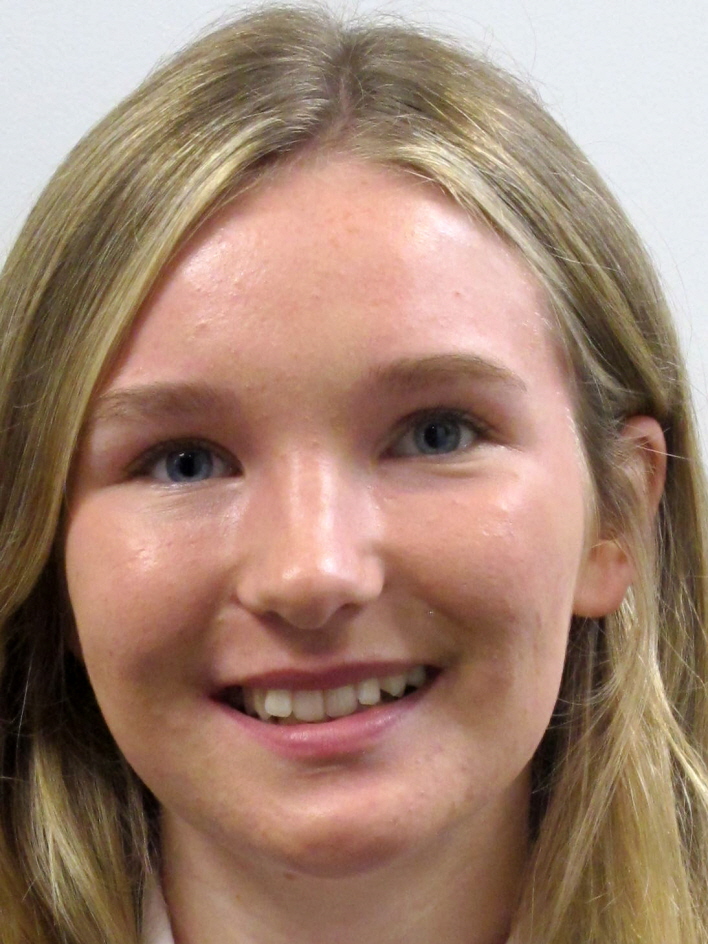Best Steps Week
‘Best Steps Week’ usually takes place around the middle of July, during the last week of the academic year for Sixth Form students. This involves 3 days of intensive support for students exploring opportunities beyond A-Levels, and will allow the Year 13 team to start gathering information about student intentions. Best Steps Week guides students on by offering a wealth of information about their post 18 options.
Our students benefit from a wide range of guest speakers in a variety of specialisms, all of whom provide valuable insight into their profession and what their industry is looking for in aspiring candidates. In the past, this has included speakers from scientific (including medical), mathematical and arts industries. In addition, Best Steps Week will cover the UCAS application process, personal statement preparation, key deadlines, and information on student finance. It also supports students interested in applying for higher degree apprenticeships, students who are looking to go straight into employment, or interested in taking a gap year.
UCAS Predicted Grades
- UCAS predicted grades will communicated with students in the autumn term. UCAS predicted grades will be largely based on the summer term exams. There will be other opportunities to sit further exams in the autumn term to improve UCAS predicted grades. Consideration will also be given to sustained evidence of performance in assessments during the course of Year 12 using the professional judgement and experience of teachers that know the students. This sustained evidence will include:
- Assessment data from exams/ tests and assessments carried out throughout the year;
- Classroom performance and engagement with / approach to the subject;
- Any extenuating factors which may have led to a specific case of under-performance
- More information on UCAS Predicted Grades will be communicated to Year 12 students and their parents / guardians in the summer term
Personal Statements
Students will have the opportunity to speak to advisors from Staffordshire University on writing a competitive personal statement during Best Steps week. We urge students to start planning their personal statements immediately over the summer by reflecting on their personal skills, experiences, and ambitions, and what they could organise in the near future to help make their application more competitive, such as work experience or volunteering. It would be wonderful if parents can help students with their personal statements by offering to proof-read their (many) drafts too! We encourage all university applicants to have drafts of their personal statements ready for their form tutors in September.
Early Applicants
It is important to be aware that different courses have varying applications and deadlines. For example, most Medicine / Dentistry / Veterinary / Conservatoire courses, and courses at the universities of Oxford and Cambridge have an earlier deadline date. In order to support students who have expressed interest in any of these courses, students have received key information on GCSE entry requirements, A-Level grade expectations, entrance tests, key deadlines, BMAT/UCAT and the importance of work experience/volunteering opportunities. It is crucial that early applicants continue to regularly check their school emails in order to access ongoing support for these applications. We would advise early applicants to be starting their personal statements as soon as possible in order to meet the earlier deadline.
Success Stories
Best ever GCSE results!
95%
Of our students achieved English and mathematics GCSEs at grades 4 or greater (secure pass).
79%
Of our students achieved English and mathematics GCSEs at grades 5 or greater (good pass).
45%
Of all grades achieved at GCSE were grade 7 or higher.
44%
Of our students achieved grade 7 or higher in 5 or more GCSE subjects.
95%
Of our students were entered for the EBACC
OUTSTANDING
St. Joseph’s College is graded ‘Outstanding’ by Ofsted.








